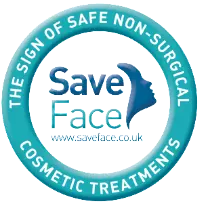Overview
As we age, the structure of our faces change – not just the quality of the skin, but also the underlying support, including the skull, muscles and fat. Some parts of the face appear to shrink as a result.
Fat and muscle descend with gravity over the time, and so the skin no longer ‘fits’, having become thinner and less elastic with age. This leads to the formation of jowls (the sag of skin around the chin area) and naso-labial lines/folds (the line from the corner of the nose to the corner of the mouth).






